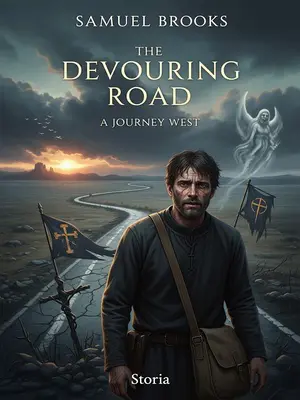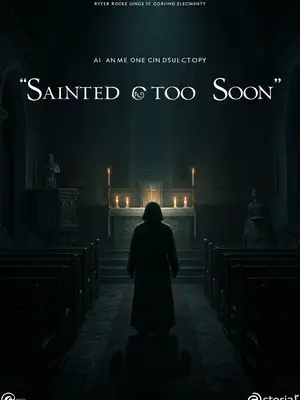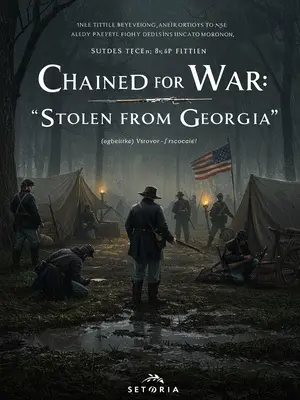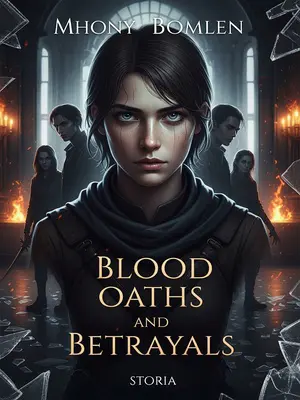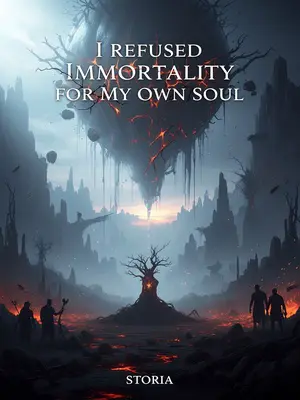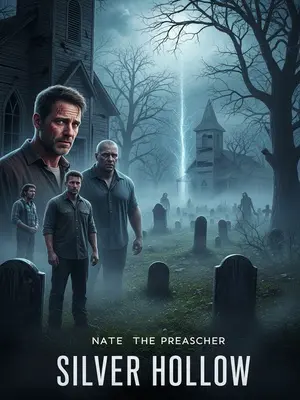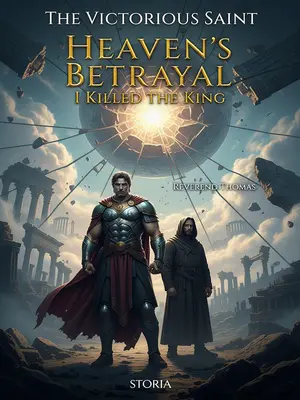Chapter 1: Legends at Rest
After our quest for the sacred texts out West finally ended, my mentor and fellow travelers were all given our rewards.
I remember that last day as if it were an old, faded photograph: sunlight slanting through the stained-glass windows of the Western Sanctuary, dust motes swirling in the golden beams. We stood together, worn out and changed by everything we'd been through, each of us waiting for whatever came next, hopeful but wary. The air tasted of old incense and something new—like the tang of rain on stone, promising change. It was a strange mix: the smell of endings, but the feel of a beginning.
The little white dragon shriveled up into a dried-out serpent, coiling himself around the great marble column in the Western Sanctuary. He was counted among the Eight Celestial Orders—one of the highest honors in the Sanctuary. They said after climbing mountains and crossing rivers, after so many hardships, the little white dragon was so worn out that all he wanted was to wrap himself around that pillar and finally rest.
In the hush of that vast hall, you could almost hear his sigh—a whisper of wind curling around the stone. Folks would come from miles around, kids craning their necks to spot the legendary dragon, their parents whispering that even legends need a break sometimes. The marble was cool beneath him, and the light always seemed to fall just right, making him look almost alive.
But in his true form, the dragon couldn't survive long without water. If he went without it for too long, he'd die.
It was a cruel twist for a creature born of rivers and rain, and you could almost feel the ache in the way he lay there, unmoving. Some folks left paper cups of water at the base of the column, out of habit or hope, though everyone knew it wouldn't help. There was a sadness in the way his scales caught the light—like a memory of running water, just out of reach.
So, to keep him lifelike for future generations to admire, the Lord decided to make him a dried dragon—preserved just so. That way, he'd always look majestic and powerful to everyone who came to see him.
Kids would press their faces to the velvet ropes, marveling at the dragon's fierce eyes and coiled strength. Guides told the story, adding a little more each year. Before long, the dried dragon was a folk hero—proof that even legends get tired, but still inspire awe.
Barry Hogg, our piggish companion, was appointed the Pure Altar Messenger—basically in charge of the church offerings. Barry thought it was a sweet gig, but he ended up like a rubber balloon—sometimes plump, sometimes scrawny.
At first, he strutted around, bragging about his new title. "Messenger of the Pure Altar!" he'd say, puffing out his chest. But soon enough, the reality set in. His moods swung with the tides of offerings—one day stuffed like a Thanksgiving turkey, the next so hungry his jeans hung loose. Folks in the congregation would sometimes joke about the 'miracle of the shrinking pig.'
On the first and fifteenth of every month—a tradition tied to old religious customs—offerings flooded in from all over the country. Thousands of believers sent up prayers, stuffing Barry until he was utterly miserable, but he couldn't do a thing about it.
He'd groan and complain, clutching his belly after the big days, muttering about gluttony and the perils of faith. "If I see another casserole, I'm gonna lose it," he'd say.
But when the lean days came, he'd stare longingly at the empty altar, remembering the feasts with a pang of regret.
On ordinary days, the prayers kept coming, but the food stopped, and Barry would go so hungry he was skin and bones.
Sometimes, he'd wander the empty sanctuary late at night, his footsteps echoing off the marble, stomach growling. The janitor would find him staring at the stained-glass windows, mumbling about bacon and hashbrowns, his shadow long and thin in the moonlight.
Then, one day, Barry died. The offerings all went moldy, with no one to tend them. The Western Sanctuary was furious and demanded an explanation. But when they found Barry, he had already turned into a pile of white bones.
The congregation was shocked—no one expected the Pure Altar Messenger to just vanish. There was a hush in the sanctuary, the kind that makes you shiver even in summer. The elders argued about whose fault it was, but in the end, Barry was just gone. The air smelled of spoiled bread and old regrets.
No one knew how long he'd been dead, or how he'd died. I remember the chill that ran down my spine when I heard the news.
Some whispered that he'd slipped away in the night, too empty to carry on. Others said he'd finally had enough—one last feast, and then nothing. His story became a cautionary tale, told at potlucks and Sunday school alike.
—Maybe he starved, or maybe he was stuffed to death.
Either way, folks would shake their heads and say, "Poor Barry. Too much or too little—never just right."
Sam Waters' fate was even worse.
If Barry's end was a quiet tragedy, Sam's was a spectacle—a show that started with applause and ended in horror. Even now, the memory makes my skin crawl.
After the Word had spread across the country, the four of us—mentor and travelers—were put on display by the Western Sanctuary to promote the faith. After dozens of retellings, everyone became familiar with the stories of the Western Sanctuary, and we should have stopped.
We became living legends, our faces plastered on church bulletins and festival banners. We were paraded through town squares. We were handed microphones. We were made to smile for the cameras. It was exhausting, but for a while, it felt like we were doing something good—until the stories took on a life of their own.
But for some reason, people became obsessed with Sam's ordeal at the Rushing River, especially the torment of being shot by a thousand arrows. Sam, always a performer, would act it out on the spot.

